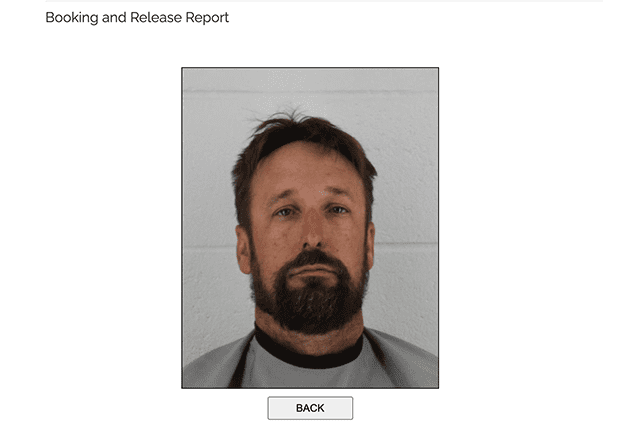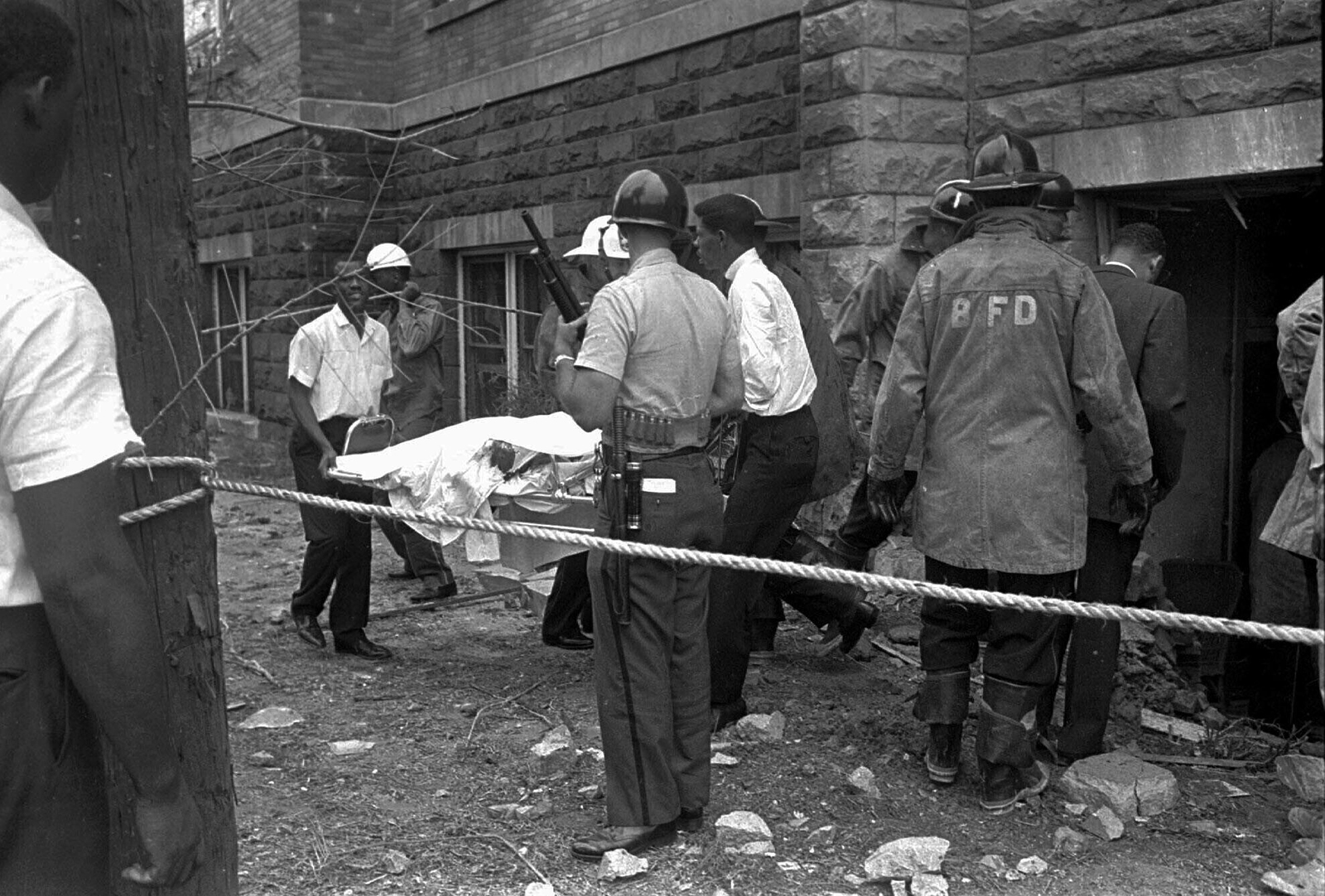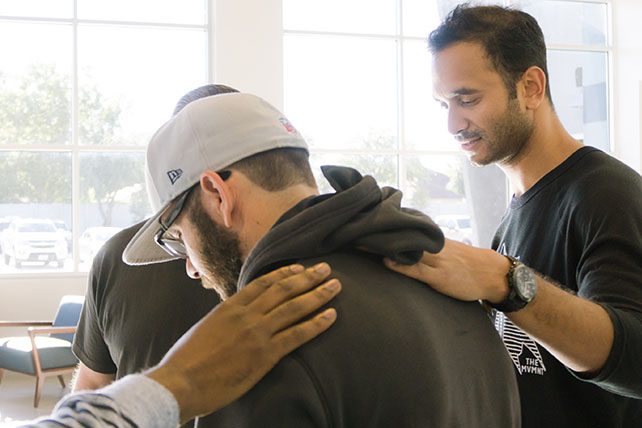Ever since ChatGPT was released to the public late last year, users have been utilizing the generative AI tool for a variety of tasks, with some seeking to push the bounds of exactly what it can accomplish.
In the church world, pastors have leveraged ChatGPT to assist in brainstorming for sermons and even in researching and preparing for them, though some have raised ethical concerns.
Nevertheless, one church recently took its use of ChatGPT for spiritual purposes to the next level by holding a worship service that was generated entirely by artificial intelligence.
On Sunday, Sept. 17, Violet Crown City Church in Austin, Texas, live streamed a traditional service in which the order of worship, prayers, sermon, liturgy, and even an original song were created by ChatGPT.
RELATED: How Well Does ChatGPT Understand Christian Theology?
The congregation, which is affiliated with the United Methodist Church, previously announced the AI-led service on their Facebook page, noting that “it would be easy to race to judgment about a service like this.”
However, the church said that the purpose of this “one-time experiment” was “to invite us to consider the nature of truth and challenge our assumptions about what God can make sacred and inspired.”
“Well, in case you haven’t noticed, we’re not in Kansas anymore, Toto,” joked Jay Cooper, the church’s pastor, at the beginning of the service. “We are entering somewhat uncharted territory.”
Cooper then explained how he went about using ChatGPT to create the service. He started by giving ChatGPT the following prompt:
Create a Sunday morning worship service for a church that values sharing life and belonging to one another, inclusivity for all, working for justice, and following in the way of Jesus. Include four familiar hymns or contemporary worship songs, a call to worship, pastoral prayer, children’s message, offering time, communion, liturgy, sermon, and one original song to reflect the message of the sermon.
RELATED: ChatGPT and Christian Ethics: An Interview With Bioethicist John Wyatt
“My assumption was that ChatGPT would kick out a full hour-long worship service as is traditional in many churches,” Cooper said. “[It] turns out ChatGPT is Methodist and had no intention of sticking around that long and gave us about a 15 minute service.”


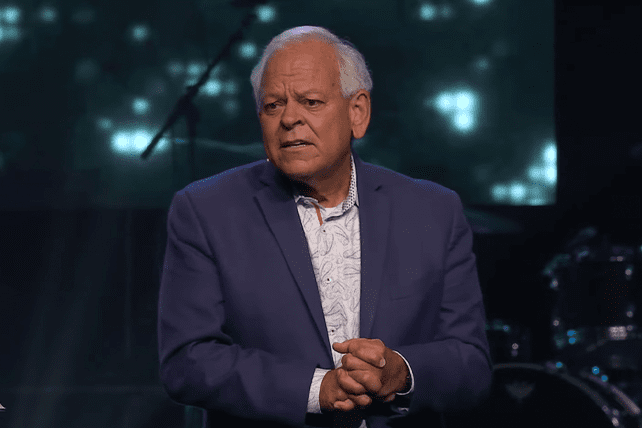



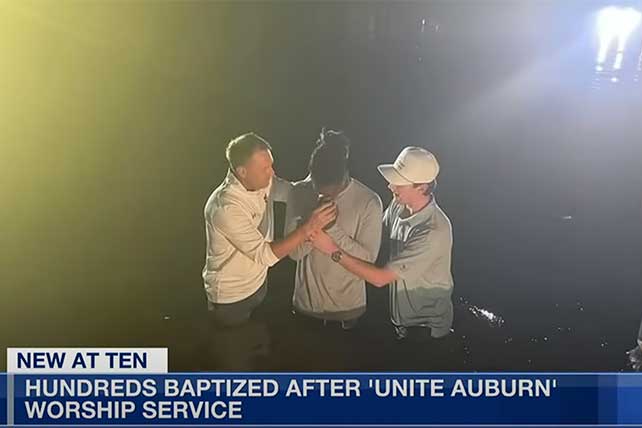
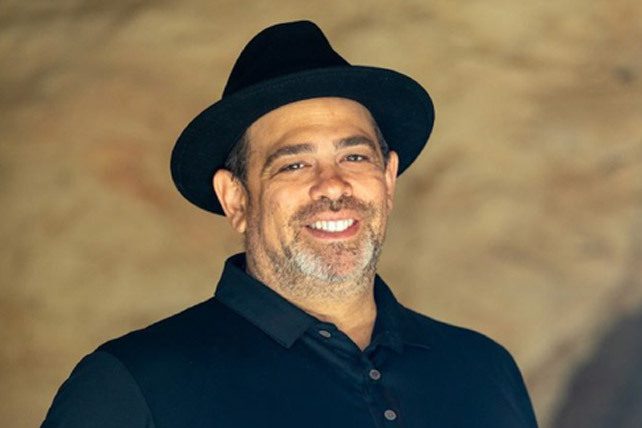
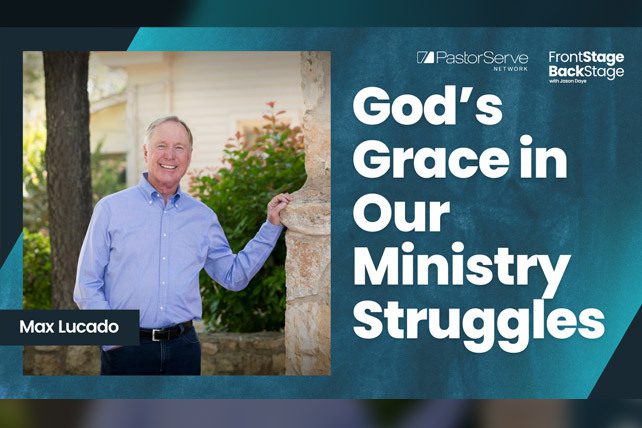
 What do we do when we struggle in ministry, when we face disappointments, or when we don’t always get it right as we lead? In this week’s conversation on FrontStage BackStage, host Jason Daye is joined by Max Lucado, a passionate pastor, incredible ministry leader, and best-selling author with more than 145 million books in print around the world. Max’s latest book is titled, “
What do we do when we struggle in ministry, when we face disappointments, or when we don’t always get it right as we lead? In this week’s conversation on FrontStage BackStage, host Jason Daye is joined by Max Lucado, a passionate pastor, incredible ministry leader, and best-selling author with more than 145 million books in print around the world. Max’s latest book is titled, “